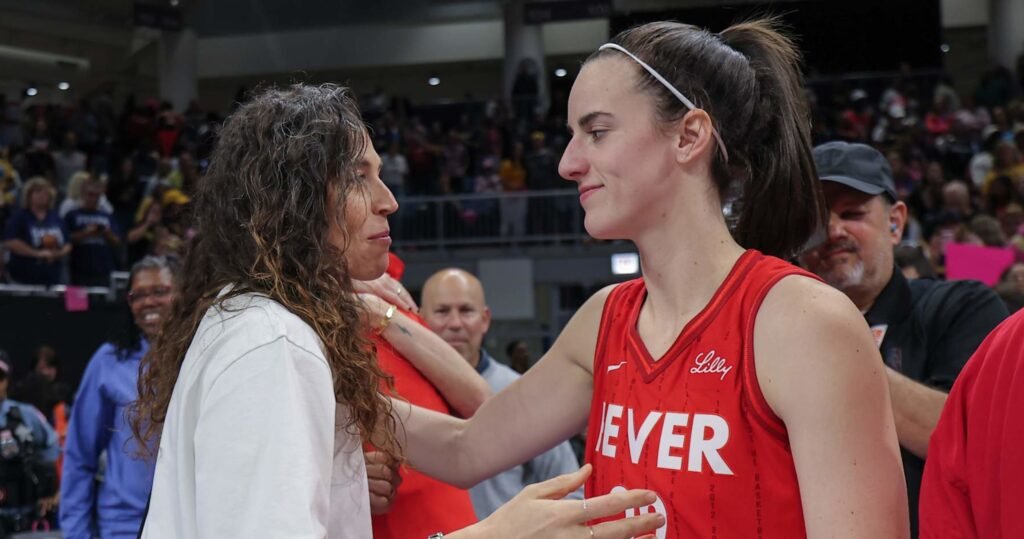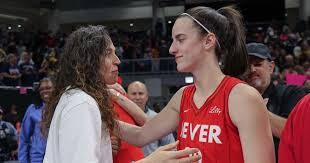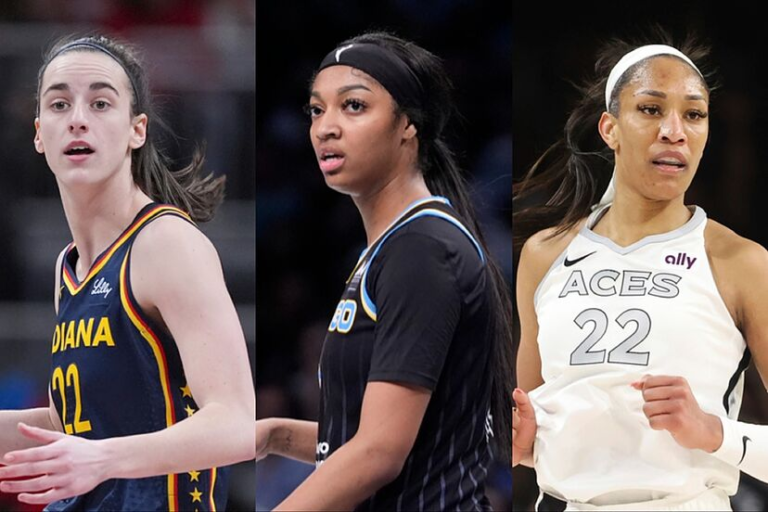
Caitlin Clark’s rookie season in the WNBA marked a transformative era that has been analyzed from multiple angles. Her presence significantly boosted attendance figures, TV viewership, and merchandise sales, signaling an unprecedented surge in the league’s popularity. While some have tried to pinpoint the essence of her impact, comparisons to past players reveal a deeper complexity. Various WNBA legends have had outstanding careers, yet few have brought such a sweeping change. The notion that her race might play a role in her widespread appeal is questioned, as other white stars have not sparked the same frenzy.
Sue Bird, a legendary figure in the WNBA with 13 All-Star appearances and four championships, recently offered her perspective on this phenomenon during *The Deal with Alex Rodriguez and Jason Kelly* podcast. Bird succinctly explained how Clark’s arrival revolutionized the league. Despite steady growth in recent years, the WNBA still found it challenging to captivate casual fans—the kind who attend games for the social atmosphere more than for the sport itself. This struggle for mainstream validation was highlighted by Bird, who mentioned the stigma and ridicule the league once endured.
Bird’s words illustrated a turning point catalyzed by Clark. She likened the WNBA’s growing popularity to a flame that had been steadily burning. However, when Clark entered the scene, she acted as an accelerant, transforming that modest fire into a blazing inferno. Clark’s exceptional shooting range, especially her audacious 3-point shots from the logo, captured attention and provided an exciting answer to a long-held critique of the league. For years, skeptics downplayed the WNBA, focusing on the lack of dunks. Clark’s prowess offered a captivating alternative that silenced doubters.
Highlighting the profound change Clark introduced, Bird remarked on how these jaw-dropping long-range shots shifted perceptions. The disbelief of, “She’s hitting logo 3s—I can’t do that,” became a defining sentiment, drawing admiration even from NBA players who expressed their respect for her game. This shift indicated a newfound validation where skill, rather than showmanship through dunks, earned recognition. Clark’s performance made her not only a standout talent but a game-changer who infused the league with fresh energy.
Bird concluded by emphasizing that this respect extended across gender lines. Men and women alike could appreciate Clark’s unique skill set. This bridging of admiration signified more than individual prowess; it represented a cultural shift where the WNBA gained a “cool factor” once deemed elusive. Clark’s arrival, with her fearless approach and remarkable talent, reshaped how audiences perceived and respected women’s basketball, making her one of the most influential figures the sport has seen.







